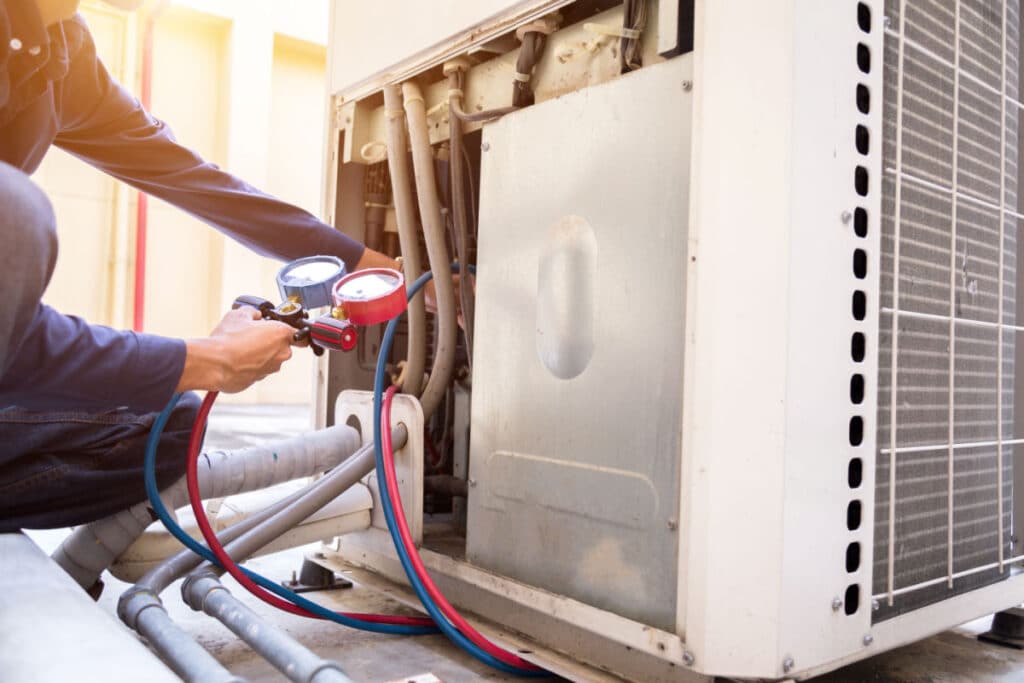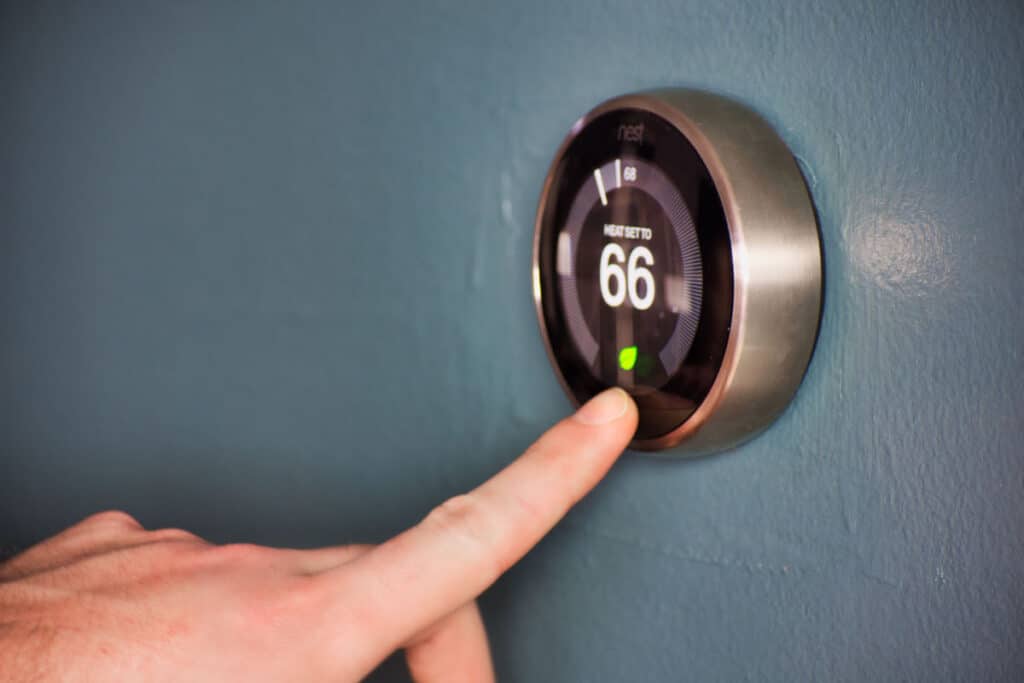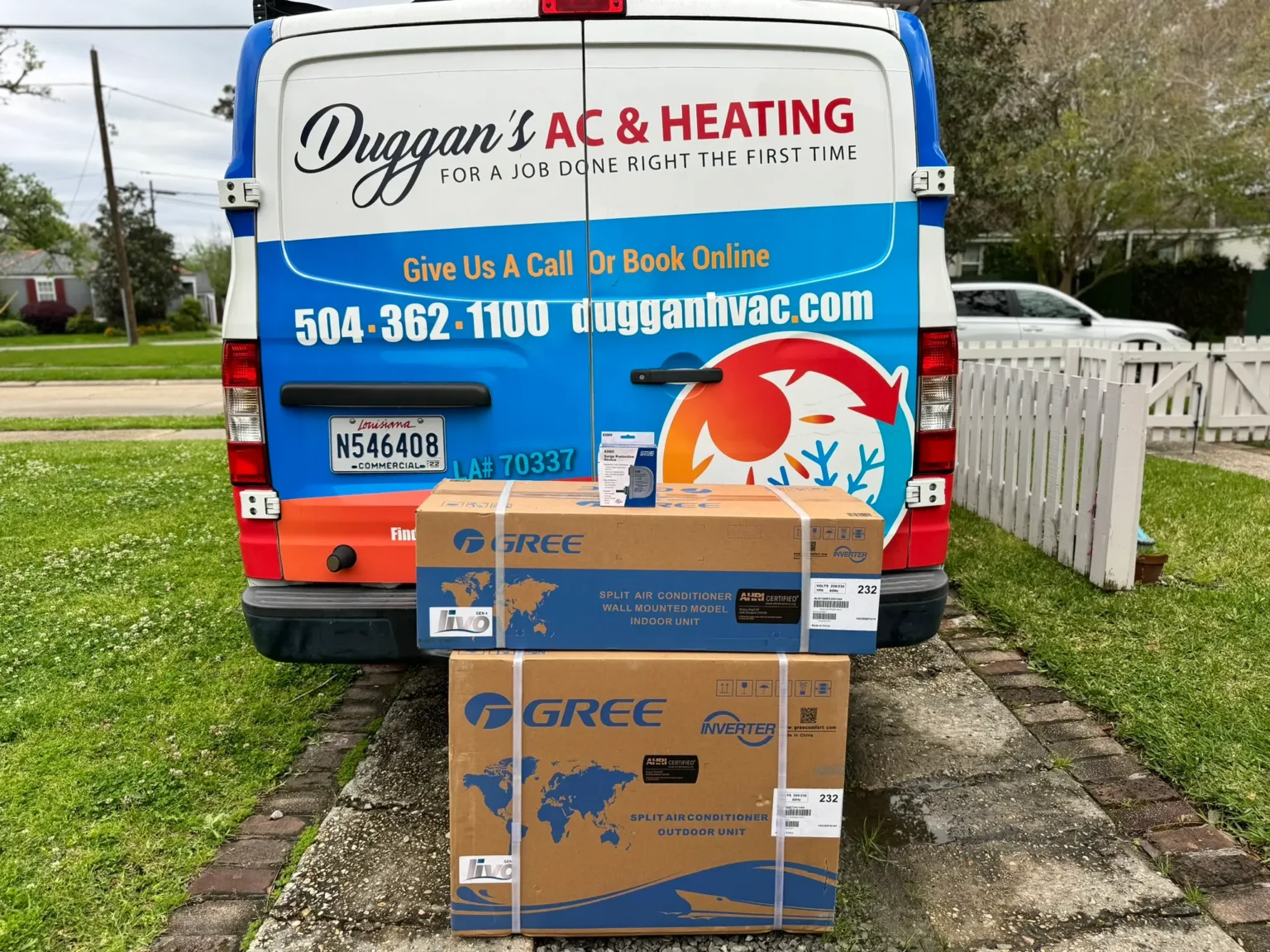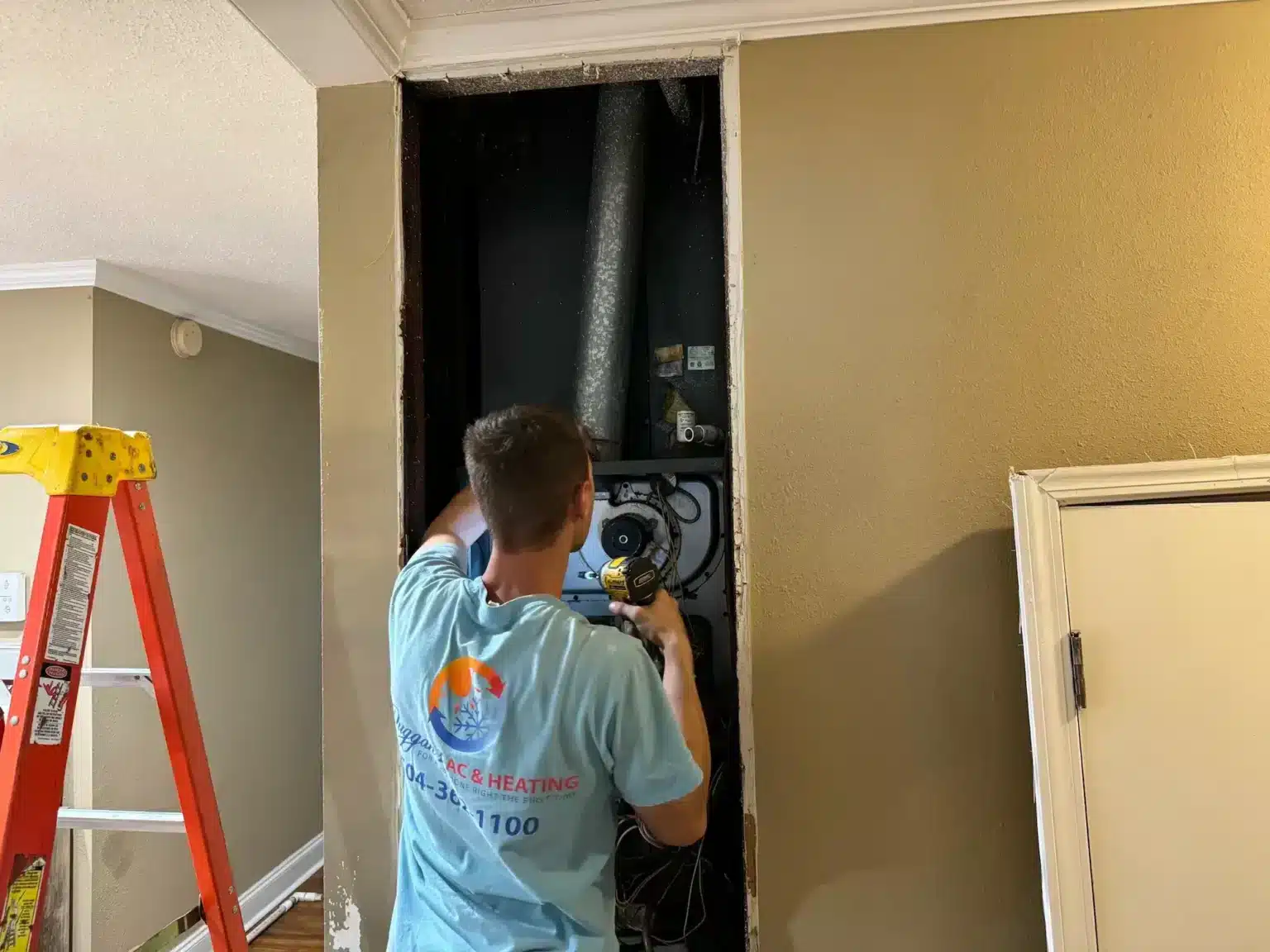When your air conditioner breaks down during a hot summer day, the first question that comes to mind is usually about money. How much does it cost to fix AC units? The answer isn’t always straightforward, but understanding the factors that influence repair costs can help you make better decisions for your home and budget.
Understanding How Much It Costs to Fix AC Systems
The cost to repair an air conditioning system depends on several factors. Most homeowners spend between $150 and $800 for common AC repairs, though more complex problems can cost significantly more. The type of repair needed, the age of your unit, and the availability of parts all play important roles in determining the final price.
Minor repairs like replacing a capacitor or cleaning coils typically cost less than major component replacements. On the other hand, issues with the compressor or refrigerant leaks can be much more expensive. The good news is that many common problems are relatively affordable to fix when you work with experienced professionals.
At Duggan’s AC & Heating, we see a wide range of repair needs throughout the year. Some repairs are simple fixes that take less than an hour, while others require more time and specialized parts. Understanding these differences helps homeowners prepare for potential costs and make informed decisions about their cooling systems.
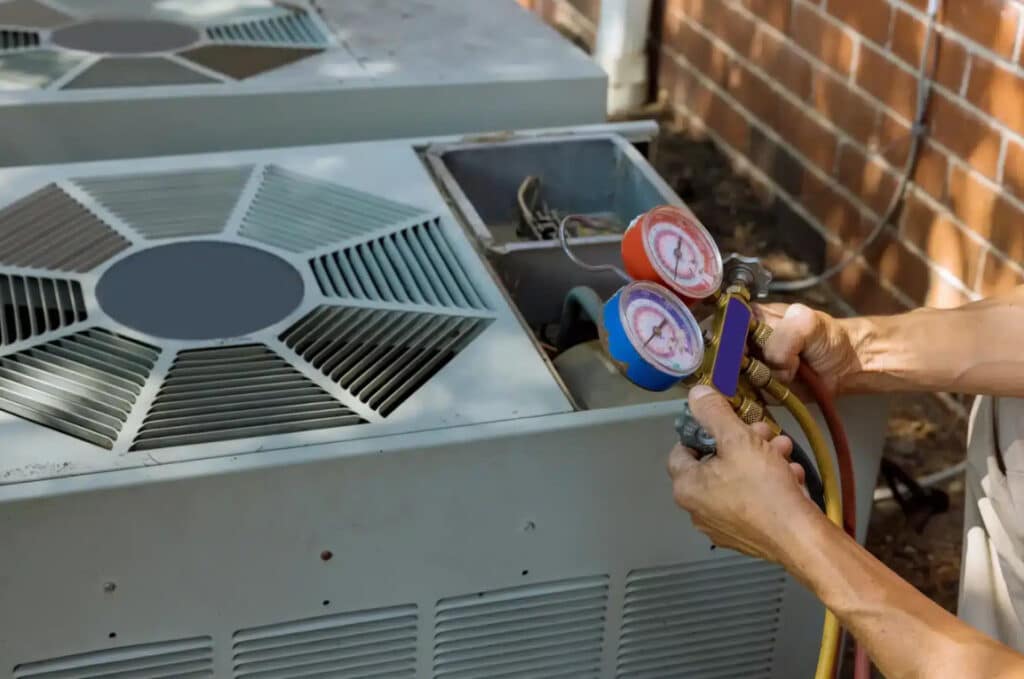
Common AC Problems and Their Repair Costs
Refrigerant Leaks
Refrigerant leaks are among the most common issues we encounter. The cost to fix these problems ranges from $200 to $1,500, depending on the severity and location of the leak. Small leaks in accessible areas cost less to repair than major leaks in hard-to-reach components.
Finding and sealing refrigerant leaks requires special equipment and expertise. After fixing the leak, technicians must recharge the system with the correct amount of refrigerant. The type of refrigerant your system uses also affects the cost, as some newer refrigerants are more expensive than older ones.
Compressor Issues
The compressor is the heart of your AC system, and problems with this component can be costly. Minor compressor repairs might cost $300 to $600, while full compressor replacement can range from $1,200 to $2,800. The age and size of your system significantly impact these costs.
Compressor problems often develop gradually, so regular maintenance can help prevent major failures. When compressors fail completely, homeowners sometimes need to consider whether repair or replacement makes more financial sense.
Electrical Problems
Electrical issues in AC systems can vary widely in cost. Simple problems like a blown fuse or tripped breaker might cost $100 to $300 to fix. More complex electrical problems, such as faulty wiring or control board issues, can cost $400 to $1,200 or more.
Safety is a major concern with electrical repairs, so these jobs always require professional attention. Attempting electrical repairs without proper training can be dangerous and may void your warranty.
Factors That Affect How Much It Costs to Fix AC Units
Age of Your System
Older AC systems often cost more to repair because parts become harder to find and more expensive. Systems over 10 years old might need specialized parts that aren’t readily available, increasing both the cost and time required for repairs.
Newer systems typically have parts that are easier to source and less expensive. They also tend to have warranties that might cover certain repairs, reducing out-of-pocket costs for homeowners.
Type and Size of Your Unit
The size and type of your AC system directly impact repair costs. Larger systems require more refrigerant, bigger parts, and often more labor time. Central air systems typically cost more to repair than window units, but they also provide cooling for entire homes.
High-efficiency systems sometimes require specialized parts that cost more than standard components. However, these systems often perform better and may need fewer repairs over their lifetime.
Accessibility of Components
When AC components are easy to access, repairs cost less because technicians can work more efficiently. Units installed in cramped spaces, on rooftops, or in other difficult locations require more time and sometimes special equipment to service properly.
The location of your outdoor unit also matters. Units surrounded by landscaping or installed in tight spaces between buildings can be more challenging and expensive to service.
When to Repair vs. Replace Your AC System
The 50% Rule
Many HVAC professionals use the 50% rule when advising homeowners about repairs. If the cost to fix your AC system is more than 50% of the cost of a new system, replacement might be the better choice. This rule helps prevent throwing good money after bad on an aging system.
Age also plays a role in this decision. If your system is over 15 years old and needs expensive repairs, replacement often makes more financial sense in the long run.
Energy Efficiency Considerations
Older AC systems are typically less efficient than modern units. Even if repairs are affordable, the ongoing energy costs of an inefficient system can add up quickly. Sometimes, the money saved on monthly utility bills can offset the cost of a new system.
Modern AC systems also offer better comfort control and reliability. When you factor in the improved comfort and reduced likelihood of future breakdowns, replacement can be an attractive option.
How to Budget for AC Repairs
Emergency Fund Planning
Setting aside money for AC repairs is a smart financial move. Most homeowners should budget $200 to $500 per year for HVAC maintenance and minor repairs. This fund can help cover unexpected breakdowns without causing financial stress.
Regular maintenance can help reduce repair costs by catching problems early. Many small issues can be fixed inexpensively before they become major problems.
Understanding Warranty Coverage
Many AC systems come with warranties that cover certain repairs. Understanding what your warranty covers can help you budget more accurately for repair costs. Some warranties cover parts but not labor, while others provide comprehensive coverage.
Extended warranties are available for many systems and can provide peace of mind for homeowners concerned about repair costs. These warranties typically cost a few hundred dollars but can save money if major repairs are needed.
DIY vs. Professional Repairs
Safety Considerations
AC systems involve electricity, refrigerant, and sometimes gas connections. These components can be dangerous for untrained individuals to work with. Professional technicians have the training and equipment necessary to work safely with these systems.
Attempting repairs without proper knowledge can lead to injury, property damage, or more expensive problems. The money saved by DIY repairs is rarely worth the risks involved.
Warranty Implications
Most AC warranties require professional installation and repairs. Attempting DIY repairs can void your warranty, leaving you responsible for all future repair costs. This risk alone often makes professional repairs the better choice.
Professional repairs also come with warranties on the work performed. If something goes wrong after a professional repair, the work is typically guaranteed.
Choosing the Right AC Repair Company
Experience and Licensing
Working with licensed and experienced AC repair companies ensures quality work and proper safety procedures. Licensed technicians understand local codes and regulations, ensuring repairs meet all requirements.
Experience matters when diagnosing AC problems. Experienced technicians can often identify issues more quickly and accurately, saving time and money on repairs.
Transparent Pricing
Reputable AC repair companies provide clear, upfront pricing for their services. They should be willing to explain the costs involved and answer questions about the repair process.
Avoid companies that provide vague estimates or seem reluctant to discuss pricing. Good companies are proud of their fair pricing and quality work.
Maintenance Tips to Reduce Repair Costs
Regular Filter Changes
Changing your AC filter regularly is one of the most important maintenance tasks homeowners can perform. Dirty filters restrict airflow, forcing the system to work harder and increasing the likelihood of breakdowns.
Most filters should be changed every 30 to 90 days, depending on the type of filter and household conditions. Homes with pets or allergies may need more frequent filter changes.
Professional Maintenance
Annual professional maintenance can catch small problems before they become expensive repairs. During maintenance visits, technicians clean components, check refrigerant levels, and inspect the system for potential issues.
The cost of annual maintenance is typically much less than the cost of emergency repairs. Many companies offer maintenance contracts that provide discounts on repairs and priority service.
Regional Considerations for AC Repair Costs
Local Climate Impact
Areas with hot, humid climates like Louisiana put more stress on AC systems, potentially leading to more frequent repairs. Systems in these areas often run for longer periods and work harder to maintain comfortable temperatures.
Understanding your local climate’s impact on AC systems helps with budgeting and maintenance planning. Systems in harsh climates may need more frequent professional attention.
Service Area Availability
The availability of qualified AC repair services in your area can affect costs. Areas with many competing service providers typically have more competitive pricing than areas with limited options.
For residents needing Air Conditioning Repair New Orleans, multiple service options are available. Similarly, those seeking AC Repair Metairie have access to qualified professionals. Other areas like AC Repair Belle Chasse and AC Repair Gretna also have experienced technicians available.
Modern AC Technology and Repair Costs
Smart Thermostats
Modern Smart Thermostat systems can help reduce repair costs by providing better system monitoring and efficiency. These devices can alert homeowners to potential problems and help optimize system performance.
Smart thermostats also provide detailed usage data that can help technicians diagnose problems more quickly and accurately. This improved diagnostic capability can reduce repair time and costs.
High-Efficiency Systems
High-efficiency AC systems may have higher repair costs due to specialized components, but they often need fewer repairs overall. These systems are designed to operate more reliably and efficiently than standard units.
The improved reliability of high-efficiency systems can offset their higher repair costs through reduced frequency of breakdowns and lower energy costs.
Preparing for AC Repair Service Calls
What to Expect
Professional AC repair service calls typically begin with a diagnostic fee that covers the technician’s time to identify the problem. This fee is usually applied toward the repair cost if you choose to proceed with the recommended work.
Technicians will explain the problem, discuss repair options, and provide cost estimates before beginning work. Reputable companies won’t perform repairs without customer approval.
Questions to Ask
When scheduling AC repair service, ask about diagnostic fees, estimated repair times, and warranty coverage. Understanding these details upfront helps avoid surprises and ensures you’re working with a reputable company.
Ask about the technician’s experience with your specific type of AC system. Some systems require specialized knowledge or tools that not all technicians possess.
Frequently Asked Questions
How much does it cost to fix AC on average?
The average cost to repair an AC unit ranges from $150 to $800 for common problems. More complex issues like compressor replacement can cost $1,200 to $2,800. The specific cost depends on the type of repair needed, your system’s age, and the availability of parts.
What’s the most expensive AC repair?
Compressor replacement is typically the most expensive AC repair, often costing $1,200 to $2,800. Complete system replacement might be more cost-effective than compressor replacement on older units.
How can I reduce AC repair costs?
Regular maintenance is the best way to reduce repair costs. Change filters regularly, schedule annual professional maintenance, and address small problems before they become major issues. Proper maintenance can extend your system’s life and reduce the frequency of repairs.
Should I repair or replace my old AC unit?
If repair costs exceed 50% of a new system’s cost, replacement is often better. Systems over 15 years old with expensive repair needs should be evaluated for replacement. Consider energy efficiency, reliability, and long-term costs when making this decision.
Does homeowner’s insurance cover AC repairs?
Standard homeowner’s insurance typically doesn’t cover AC repairs due to normal wear and tear. However, damage from covered events like storms or electrical surges might be covered. Check your policy and consider extended warranties for additional protection.
How long do AC repairs typically take?
Simple repairs like capacitor replacement might take 30 minutes to an hour. More complex repairs can take several hours or even multiple days if special parts are needed. Your technician should provide time estimates when explaining the repair process.
Can I prevent AC breakdowns?
While you can’t prevent all breakdowns, regular maintenance significantly reduces the likelihood of major problems. Change filters regularly, keep outdoor units clean, and schedule professional maintenance annually.
What should I do if my AC breaks down?
Turn off the system to prevent further damage, check simple things like circuit breakers and thermostat settings, then call a professional technician. Don’t attempt complex repairs yourself, as this can be dangerous and may void warranties.
How do I find a reliable AC repair company?
Look for licensed, insured companies with good reviews and transparent pricing. Ask about experience with your system type, warranty coverage, and emergency service availability. Get multiple quotes for expensive repairs.
Are AC repair costs tax deductible?
Basic repairs are typically not tax deductible, but energy-efficient upgrades might qualify for tax credits. Consult with a tax professional about your specific situation and keep receipts for all HVAC-related expenses.
Final Thoughts
Understanding how much it costs to fix AC systems helps homeowners make informed decisions about their cooling needs. While repair costs can vary significantly based on the problem and system type, working with experienced professionals ensures quality work and fair pricing.
The bottom line is that regular maintenance and prompt attention to small problems can help keep repair costs manageable. When major repairs are needed, consider the age and efficiency of your system before deciding whether to repair or replace.
For reliable AC repair services, professional AC Repair is available when you need it. Regular AC Maintenance can help prevent expensive breakdowns, while Heater Maintenance keeps your entire HVAC system running efficiently.
When your AC system needs attention, don’t wait for problems to get worse. Contact Duggan’s AC & Heating at (504) 215-7031 or visit our Contact Page to schedule professional service. Our experienced technicians provide honest assessments and quality repairs that keep your home comfortable year-round.
Whether you need emergency repairs or are considering Air Conditioning Installation & Replacement, we’re here to help with all your cooling needs. Trust Duggan’s AC & Heating for reliable service and fair pricing on all AC repair and maintenance services.

